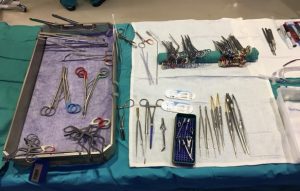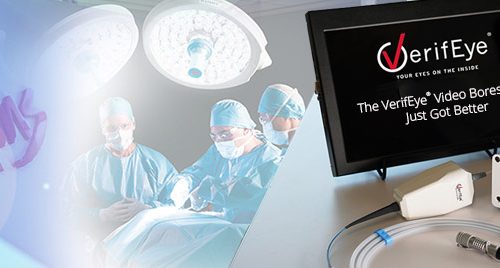Reducing Excess Instrumentation through Tray Optimization
A vast majority of instruments processed in your SPD are not actually used in the OR. Reducing excess instrumentation can help reduce SPD expenses.
There is a national trend toward excess instrumentation being processed for surgical cases, to the extent that on average very few of the instruments prepared for a case are actually used. Steadily increasing numbers of instruments per tray and number of trays per case have outpaced the investment and space in Sterile Processing Departments (SPD), creating a bottleneck that puts at risk the ability for a hospital to maintain or increase surgical volume. The key to reducing excess instrumentation rests in leveraging technology and/or resources to know exactly which instruments need to be present for a given case. Up until now, that has been a manual, arduous process for hospitals.

A successful tray optimization can lead to an immense reduction of the instruments on commonly used trays. Potential benefits include:
- A reduced expenditure on sterile processing and instrument re-purchase
- Decreased personnel and labor costs
- An excess instrument inventory that can be re-purposed by the hospital or healthcare system.
Additional efficiency gains include faster sterile processing throughput, decreased OR set-up and in-room time, shorter turnover time between cases, fewer instrument tray processing errors, reduced employee attrition, and mitigation of regulatory citations.
The end result is the product of compounding benefits:
Reduced instrument count per tray → Fewer instrument trays brought to the OR → Fewer trays requiring processing in SPD
That dramatically improves throughput of trays in SPD and alleviates the bottleneck that is caused by the excess instrumentation burden. This translates into instrument trays that are processed in a more efficient and timely fashion, with even greater precision and care, by an SPD team that is no longer unnecessarily overworked and faced with a daily backlog.
For more information on reducing excess instrumentation, click HERE. Read more from the PROCESS PROs!



